Best movies like Stalingrad
ONE MILLION NAZIS COULDN'T TAKE IT!
A unique, carefully handpicked, selection of the best movies like Stalingrad Starring Yuriy Levitan, Brian Donlevy, and more. If you liked Stalingrad then you may also like: Ukraine in Flames, Why We Fight: The Nazis Strike, Nuremberg Trials, Officers, Outpost: Rise of the Spetsnaz and many more popular movies featured on this list. You can further filter the list even more or get a random selection from the list of similar movies, to make your selection even easier.
Soviet documentary film.
You may filter the list of movies on this page for a more refined, personalized selection of movies.
Still not sure what to watch click the recommend buttun below to get a movie recommendation selected from all the movies on this list
Why We Fight: The Nazis Strike
The second film of Frank Capra's Why We Fight propaganda film series. It introduces Germany as a nation whose aggressive ambitions began in 1863 with Otto von Bismarck and the Nazis as its latest incarnation.
Nuremberg Trials
This riveting Russian documentary takes you inside the trials of the notorious German war criminals, brought to trial to account for their actions. The footage includes excerpts from the trials of many of the senior Nazis including Goebels and Goring.
Outpost: Rise of the Spetsnaz
In the third installment of the hit Nazi Zombie action horror movie, Outpost: Rise Of The Spetnaz, we discover the horrifying origins of these supernatural soldiers and see them in ferocious gladiatorial battle against the most ruthless and notorious of all military special forces: the Russian Spetsnaz.
Ballad of a Soldier
During World War II, earnest young Russian soldier Alyosha Skvortsov is rewarded with a short leave of absence for performing a heroic deed on the battlefield. Feeling homesick, he decides to visit his mother. Due to his kindhearted nature, however, Alyosha is repeatedly sidetracked by his efforts to help those he encounters, including a lovely girl named Shura. In his tour of a country devastated by war, he struggles to keep hope alive.
Ivan's Childhood
In WW2, twelve year old Soviet orphan Ivan Bondarev works for the Soviet army as a scout behind the German lines and strikes a friendship with three sympathetic Soviet officers.
Enemy at the Gates
A Russian and a German sniper play a game of cat-and-mouse during the Battle of Stalingrad in WWII.
The Turning Point
A Soviet 1945 film directed by Fridrikh Ermler based on a screenplay by Boris Chirskov. The film was one of the Cannes top prize winners of 1946.
Liberation: Direction of the Main Blow
This five part epic war drama gives a dramatized detailed account of Soviet Union's war against Nazi Germany during world war two. Each of the five parts represents a separate major eastern front campaign.
The Alive and the Dead
A Russian war correspondent is drafted into the war and finds himself in the middle of battle. When he loses his party card, however, he is treated as a deserter until he finds help from a kind man. This Soviet war feature was considerably outspoken for the time as it addressed issues such as anti-Stalinism, Siberia and the inhumanity of war. Adapting his screenplay from a book by Constantin Simonov, Alexandre Stolper was responsible for writing as well as directing.
Retribution
The continuation of a story started by Alexander Stolper epic movie "Zhivye i Myortvye".
A Bag of Marbles
In occupied France, Maurice and Joseph, two young Jewish brothers left to their own devices demonstrate an incredible amount of cleverness, courage, and ingenuity to escape the enemy invasion and to try to reunite their family once again.
Twenty Days Without War
War correspondent Lopatin takes a 20-day-leave from his hard work at the front in 1942. He travels to faraway Tashkent to meet the family of the killed soldier and visit the film set of the screen adaptation of his war-time stories. Lopatin also manages to walk the streets of Tashkent, take part in a factory workers' meeting and have a short-lived love affair. Although with no bombings and fighting, the city dwellers breathe the atmosphere of the ongoing war.
Tunisian Victory
Documentary made by the U.S. Army Signal Corps after the North African campaign.
The Last Escape
During World War II, American officer Capt. Lee Mitchell (Stuart Whitman) and a British military unit boldly infiltrate German-occupied enemy territory and attempt to kidnap brilliant Nazi scientist Dr. Von Heinken (Pinkas Braun) and bring him back in one piece. While shuttling their prized captive to safety, the Allied forces courageously assist desperate refugees and tussle with overpowering German and Russian forces.
The Sky Slow-Mover
Three pilots are best friends and good fighters. During the WWII they are taking an oath to refrain from love until the end of the War. But soon they meet three women-pilots. One by one they give up the oath, and all three fall in love.
Nazi Titanic
During a bizarre chapter of WWII, Nazi propaganda minister Joseph Goebbels decided to make a movie based on the sinking of the Titanic. This epic film was so large in scale that the Nazis were forced to divert men, material and ships from the war effort in order to complete it. Titanic was filmed aboard cruise ship SS Cap Arcona in the Baltic Sea. The movie’s director Herbert Selpin was arrested by the Gestapo over comments he made about the ship’s crew and he was questioned by Goebbels. Selpin was found dead the next day in his cell. The Gestapo’s verdict was suicide. Titanic never received the impressive premiere that Goebbels intended, being first shown in Nazi-occupied Paris in 1943. We reveal this little known but fascinating story by looking at the making of the film, as well as the fate of the German ship Cap Arcona.
They Fought for Their Motherland
In July 1942, in the Second World War, the rearguard of the Russian army protects the bridgehead of the Don River against the German army while the retreating Russian troops cross the bridge. While they move back to the Russian territory through the countryside, the soldiers show their companionship, sentiments, fears and heroism to defend their motherland.
The Hot Snow
In November, 1942, near the Volga, Stanlingrad is under siege of Commander Friederich Paulus and his 330,000 men. The Russian high command unleashes an operation to protect the Mishkova River to avoid that about four hundred tanks join Paulus' army. The Soviet artillery soldiers protect their position with their lives in a bloodshed with few survivors.
Attack and Retreat
Chronicle of the unheralded and unsuccessful invasion of the Soviet Union by the Italian army during World War II.
At War as at War
The film tells about the fighting everyday life of the crew of self-propelled guns during the liberation of Right-Bank Ukraine. Junior Lieutenant Maleshkin, an unshooted graduate of the school, commands the crew of the self-propelled gun SU-100. All the subordinates of Maleshkin are older than him and much more experienced. The authority of the young commander is tested at every step, he quarrels, then reconciles with his crew. In addition, Maleshkin is very dissatisfied with the battery commander, he now and then threatens to remove the sluggish young officer from the command. In the crew of Maleshkin, various troubles constantly occur: either the driver will catch the commandant’s eyes in an untidy, grimy look, then a combat grenade with a dropped check will be discovered in the car, or a breakdown will occur just at the moment the regiment enters the march.
Two Soldiers
A story about the friendship between two young men, two soldiers - Arkady from Odessa and Sasha from Ural.
One-Two, Soldiers Were Going...
The families of 18 soldiers who heroically died in 1944 are meeting at the place of the squad last battle.
The Battle of Stalingrad
A 1949 two-part Soviet epic war film about the Battle of Stalingrad, directed by Vladimir Petrov. The script was written by Nikolai Virta.
Chronicle of Flaming Years
Once again, director Yulia Solnsteva directs a movie that her late husband Alexandre Dovchenko scripted but did not live long enough to shoot. In this wartime drama, the emphasis is on the heroics of both the civilians and the soldiers during times of severe stress in World War II. At the core of the action is one man in particular, whose sacrifices and heroics speak for a much larger group.
The Third Flare
A story about one of the hard days of WWII based on the novel by Vasiliy Bykov.
Days and Nights
This literary adaptation was the first Soviet feature length dramatization, as opposed to documentary film, on the momentous Battle of Stalingrad.
Fortress on Wheels
A story about an armored train, number 56, and its actions during WWII.
Alpine Ballad
A romantic tale set during WW2 between a Soviet (Belarusian) soldier and Italian girl, who try to escape the horrors together.
Why We Fight: The Battle of Russia
The fifth film of Frank Capra's Why We Fight propaganda film series, revealing the nature and process of the fight between the Soviet Union and Germany in the Second World War.







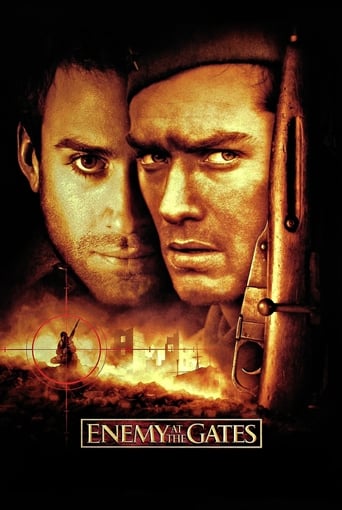


























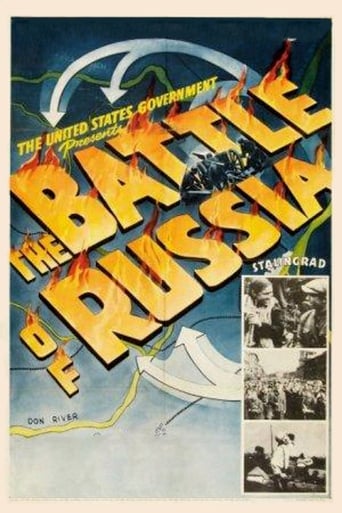
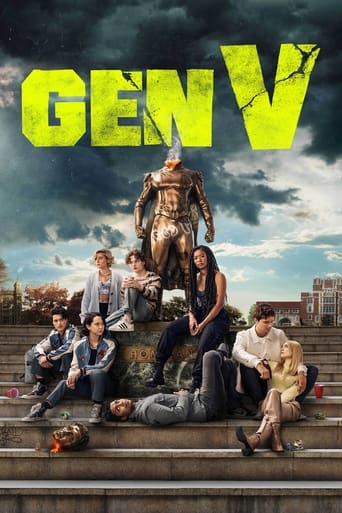

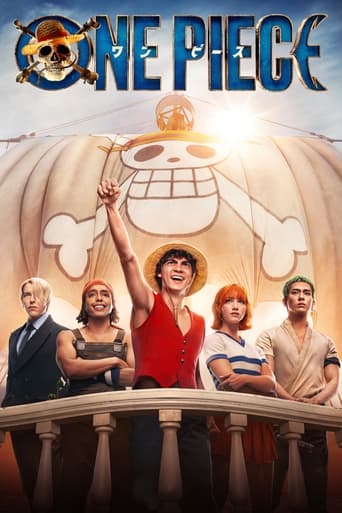
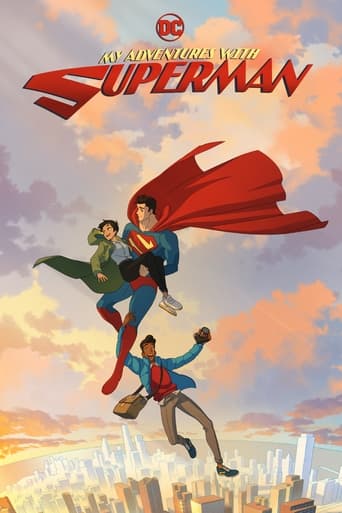
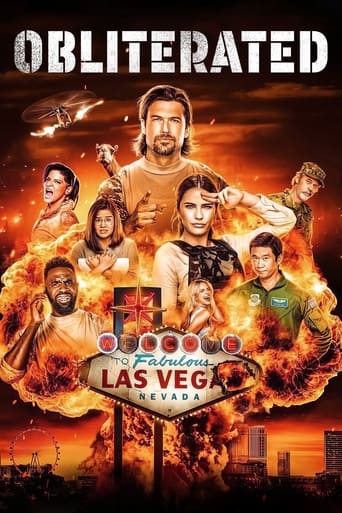
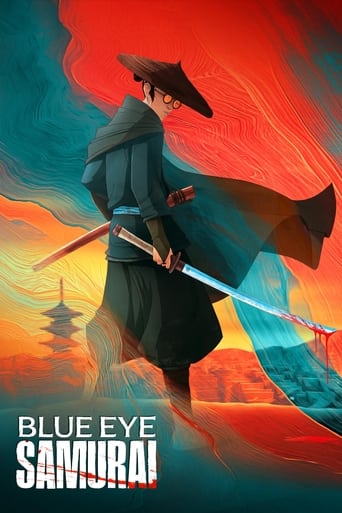
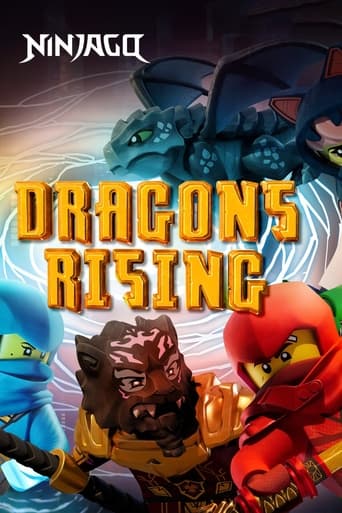
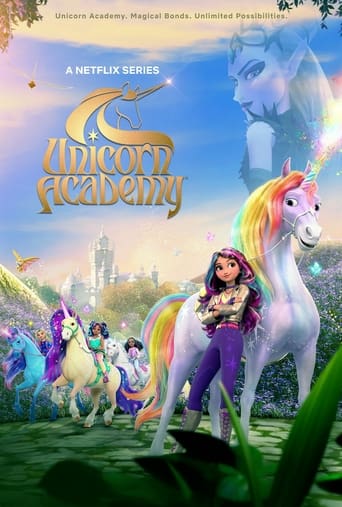



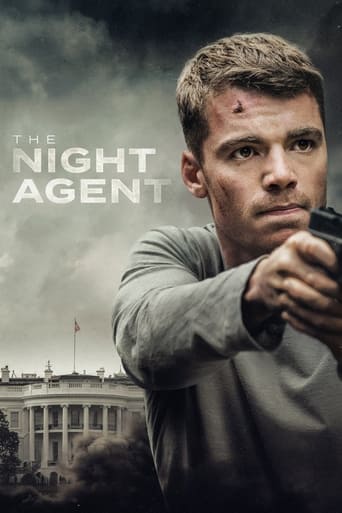
Ukraine in Flames
A 1943 Soviet documentary war film by Ukrainian director Alexander Dovzhenko and Yuliya Solntseva. It is Dovzhenko's second World War II documentary, and dealt with the Battle of Kharkov. The film incorporates German footage of the invasion of Ukraine, which was later captured by the Soviets.